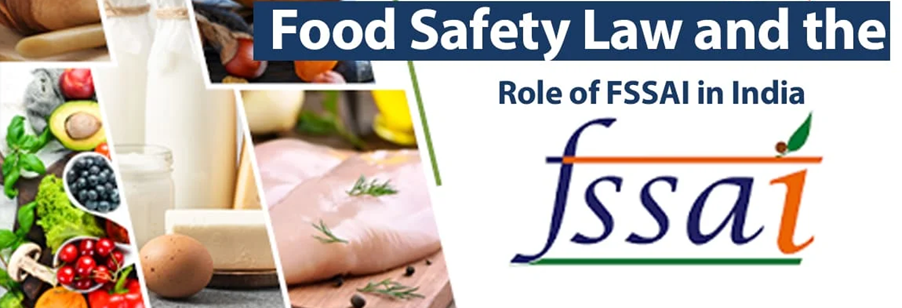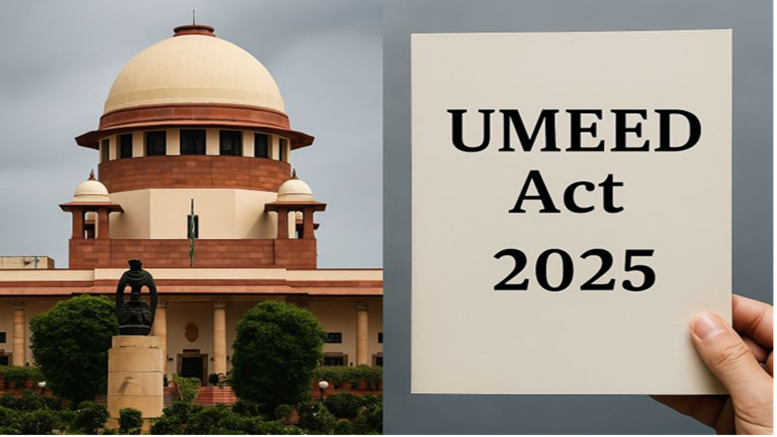- Courses
- GS Full Course 1 Year
- GS Full Course 2 Year
- GS Full Course 3 Year
- GS Full Course Till Selection
- Online Program
- GS Recorded Course
- NCERT (Recorded 500+ Hours)
- Polity Recorded Course
- Geography Recorded Course
- Economy Recorded Course
- AMAC Recorded Course
- Modern India, Post Independence & World History
- Environment Recoded Course
- Governance Recoded Course
- Science & Tech. Recoded Course
- International Relations and Internal Security Recorded Course
- Disaster Management Module Course
- Ethics Recoded Course
- Essay Recoded Course
- Current Affairs Recoded Course
- CSAT
- 5 LAYERED ARJUNA Mentorship
- Public Administration Optional
- ABOUT US
- OUR TOPPERS
- TEST SERIES
- FREE STUDY MATERIAL
- VIDEOS
- CONTACT US
Food Safety Laws in States
Food Safety Laws in States
03-10-2024

Recent developments in food safety regulations across India have highlighted the efforts of state governments to enhance transparency and accountability within the food service sector.
- Notably, the Uttar Pradesh (UP) government mandated that food establishments display information about their operators, while Himachal Pradesh also proposed similar regulations.
- These changes raise questions about the authority and framework under which state governments can enforce food safety laws.
Key Developments
-
Uttar Pradesh Mandate
- The UP government announced that food establishments must prominently display the names of key personnel, including the operator, proprietor, and manager.
- This move aims to improve accountability in food safety.
-
Himachal Pradesh Proposal
- A statement by Himachal Pradesh's Minister Vikramaditya Singh suggested that every eatery and food cart would need to display the owner's ID.
- However, this proposal was later disowned by the Himachal government.
-
Supreme Court Intervention
- On July 22, the Supreme Court stayed similar directives issued by police in UP and Uttarakhand related to the kanwar yatra, emphasizing that only the "competent authority" under the Food Safety and Standards Act, 2006 (FSSA) has the power to issue such orders.
Food Safety Regulations in India
- Licensing and Registration: The Food Safety and Standards Authority of India (FSSAI) supervises food safety laws, requiring all food businesses to register or obtain a license. This includes:
- Petty Food Manufacturers (small-scale vendors) must register with FSSAI and display their registration certificate and ID prominently.
- Larger food businesses must obtain a license, which also needs to be displayed.
- Legal Penalties: Under Section 63 of the FSSA, operating a food business without a license can lead to imprisonment of up to six months and fines up to ₹5 lakh.
State Powers Under FSSA
- Rule-Making Authority:
- Section 94(1) allows state governments to create rules, with prior approval from the FSSAI, to fulfill their responsibilities under the FSSA.
- Section 94(2) outlines specific areas where states can formulate regulations, including the powers of the Commissioner of Food Safety.
- Consultative Function: The state Commissioner of Food Safety is responsible for efficient implementation and may be tasked with additional functions by the state government in consultation with the FSSAI.
- Legislative Approval: Any rules made must be presented to the state legislature for approval as per Section 94(3).
Compliance and Enforcement
- Improvement Notices: If a food business fails to comply with FSSA regulations, the food authority can issue an ‘Improvement Notice’ specifying required changes and a compliance timeframe of at least 14 days.
- Penalties for Non-Compliance: Non-compliance can lead to suspension or cancellation of licenses. If a business is convicted for contraventions without specific penalties, fines can reach ₹2 lakh.
Legal Challenges to State Directives
- Discrimination Claims: Previous directives in UP and Uttarakhand faced legal challenges on grounds of discrimination based on religion and caste, violating Article 15(1) of the Constitution, which prohibits discrimination against citizens on these bases.
- Economic Boycott Concerns: Petitioners argued that such orders could lead to economic boycotts of specific communities, infringing on the right to practice any profession as per Article 19(1)(g).
Government's Justification:
- The UP government justified its recent directives, including the installation of CCTV cameras in food establishments, by citing public health concerns and incidents of food adulteration.
- This reflects an increased focus on securing food safety for the populace.
Conclusion
The evolving landscape of food safety laws in India highlights the balance between state regulatory powers and the need for consumer protection. As state governments like UP and Himachal Pradesh push for enhanced transparency in food services, the implementation and legal implications of these regulations will be critical in ensuring safe and wholesome food for all citizens.
Must Check: Best IAS Coaching In Delhi
UPSC Prelims Result 2024 Out: Expected Cut Off & Other Details, UPSC Prelims 2024 Answer with Explanation, Daily Prelims Quiz, Daily Current Affairs, MONTHLY CURRENT AFFAIRS TOTAL (CAT) MAGAZINE, Best IAS Coaching Institute in Karol Bagh, Best IAS Coaching Institute in Delhi, Daily Mains Question Answer Practice, ENSURE IAS UPSC Toppers, UPSC Toppers Marksheet, Previous Year Interview Questions, UPSC Syllabus


![img-PSYCHOLOGICAL WARFARE [PSYWAR]](https://i.filecdn.in/755esias/PSYCHOLOGICALWARFAREPSYWAR-1747206772505.jpg)

